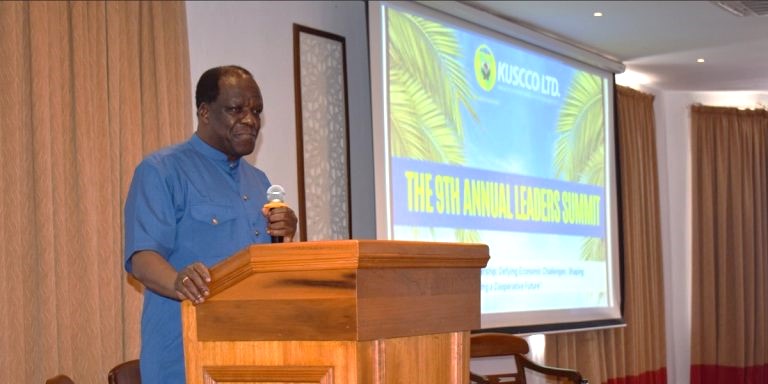The multi-billion shilling Dandora Waste-to-Energy project has sparked transparency concerns within Nairobi County, as tensions rise over unconfirmed details about a Public-Private Partnership (PPP) for the ambitious initiative. During a recent hearing with the parliamentary Justice and Legal Committee, top county officials, including Acting County Secretary Christine Ireri and Finance Chief Executive Charles Kerich, were questioned about the county’s growing reliance on PPPs. Lawmakers demanded access to project agreements, yet officials could not provide the necessary documentation, amplifying concerns over compliance and governance.
Also see
Bribery Claim Rocks City Hall In Ksh. 47 Billion Dandora Dumpsite Tender
Justice and Legal Committee Chair Jared Akama flagged at least six PPPs that, allegedly, bypassed County Assembly oversight—including the controversial Dandora Waste-to-Energy and Eastleigh Market projects. This revelation casts a spotlight on adherence to the PPP Act 2021, which mandates County Assembly approval for PPPs involving public funds to ensure due diligence and accountability.
Despite criticisms, Nairobi County awarded the tender for the Dandora project in July 2023 under Ref NCC/RM/VOL.358/ITEM.NO.01/287/A./3882/2022-2023, a move critics label as “opaque.” Governance experts argue the project’s procurement process bypassed public involvement, violated procurement laws and may have been predetermined in favour of a specific firm. This process has sparked public outcry, legal objections, and complaints to the Public Procurement Regulatory Authority (PPRA).
Nonetheless, the county government affirmed in August 2024 that the project is still active. Chief Officer for Environment Ibrahim Otieno defended its significance, calling it the county’s most advanced waste-to-energy initiative since 2013.
This case highlights the risks of circumventing oversight and underscores the need for transparent governance in Nairobi County’s PPP projects. For this Dandora project to set a constructive precedent, officials will need to ensure strict compliance with legal frameworks that support public trust and accountability.





